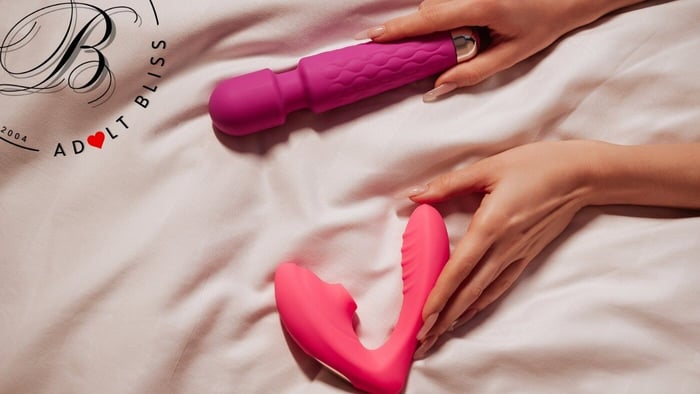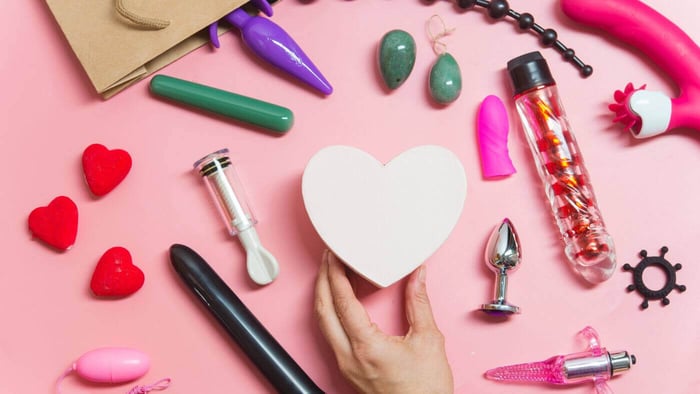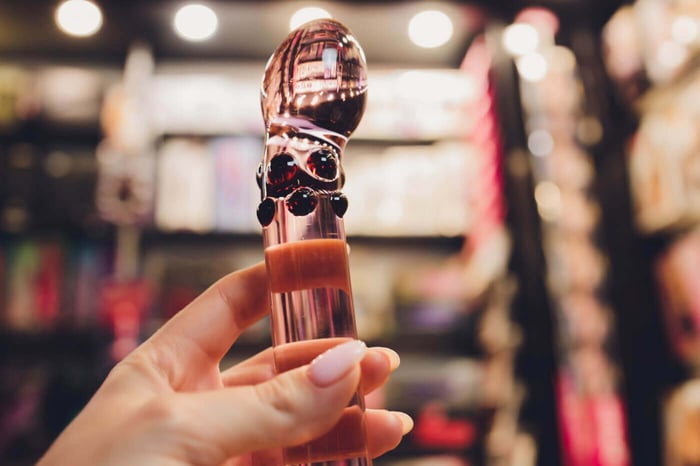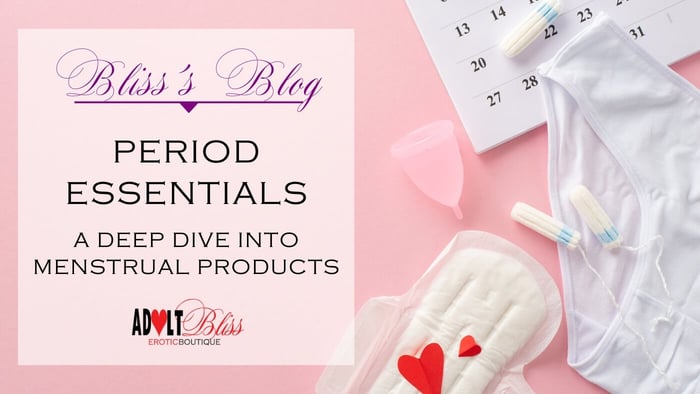
How to Choose Phthalate-Free Sex Toys (And Why It Matters!)
Jump To Section
A Comprehensive Guide to Phthalate-Free Sex Toys
Learn About the Importance of Phthalate-Free Sex Toys
Are sex toys body safe? Not all toys are created equal, phthalate-free sex toys are made without harmful plasticizers, making them a smarter and healthier choice for regular use.
Some toys are a total treat, while others are… well, best left on the discount shelf. From mystery materials to chemical nasties, choosing the wrong toy could mean irritation, infection, or worse, mood-killing vibes, literally.
But don’t worry, we’ve got your butt (and every other bit) covered. This guide spills the silicone-safe tea on what’s in your toys, what to avoid, and how to make sure your bedroom drawer is stocked with body-safe goodness. Because your pleasure shouldn’t come with a health warning.
So lube up that curiosity and dive in, your body will thank you.

What Makes a Sex Toy Unsafe?
Harmful Chemicals: Phthalates and More
If you’re concerned about what’s going near your most sensitive parts (and you should be), stick to phthalate-free sex toys made from body-safe materials like silicone, stainless steel, or borosilicate glass.
Some adult toys can contain harmful chemicals, most notably phthalates. These are plasticizers that make toys feel soft and flexible, but they’ve been linked to neurological and reproductive issues, so much so that they've been banned in some countries.
Cheap products often have a strong chemical smell, which is a red flag for high phthalate content. These items are usually labelled for "novelty use only" and shouldn't be used on sensitive areas of your body. Click here for more info on phthalates.
Magic Wand Mini

$199.95
Born into such a famous family, this little wand has quite a reputation to uphold. Challenge accepted. Offering big power, multiple speeds, and unsurpassed quality,...… read more
Get One NowUnderstanding Porosity in Sex Toys
Why Porosity Matters for Hygiene
Porosity refers to how absorbent a surface is. In sex toys, less porous = safer. Products with porous surfaces can trap bacteria and can't be fully cleaned, even with medical-grade disinfectants.
Choose toys made from non-porous materials like:
Medical-grade silicone
Borosilicate glass
Stainless steel
Important Note: Some companies will claim to use "100% medical-grade silicone," but that could mean only part of the toy is made with it. Always research or ask an expert at a trusted adult store for clarity.
A Quick Guide to Common Toy Materials
✅⚠️TPE (Thermoplastic Elastomer)
Stretchy and ideal for cock rings
Phthalate-free, hypoallergenic
Clean with body-safe toy cleaner, not soap or detergent
Still porous, use with caution
❌⚠️TPR (Thermoplastic Rubber)
A bit more porous than silicone but safer than CyberSkin
Hypoallergenic, non-toxic, phthalate-free
Compatible with water- or silicone-based lubes
Always clean thoroughly and consider using condoms between partners

FAQs
What does "body-safe" mean?
It means the toy is made from materials that are non-toxic, hypoallergenic, and non-porous, making them safe for prolonged contact with sensitive areas.
Are all silicone toys safe?
Not necessarily. Some products are labeled as silicone but only have a thin outer layer of it. Look for medical-grade or pure platinum-cured silicone.
How do I clean porous sex toys?
You can't fully sterilize porous toys. Clean them as best you can with a body-safe toy cleaner, and always use a condom when sharing or using them anally.
Can I use the same cleaner for all materials?
No. Some materials (like TPE and TPR) can degrade with harsh soaps. Always use cleaners formulated for sex toys.
Are there materials I should avoid?
Yes—avoid cheap, jelly-like products without labeling. Be especially cautious of toys with strong chemical smells or vague ingredient lists.
Is it okay to ask for help at a store?
Absolutely. Staff at reputable adult stores are trained to answer questions about materials, safety, and proper use. Don't be shy—they're there to help!











